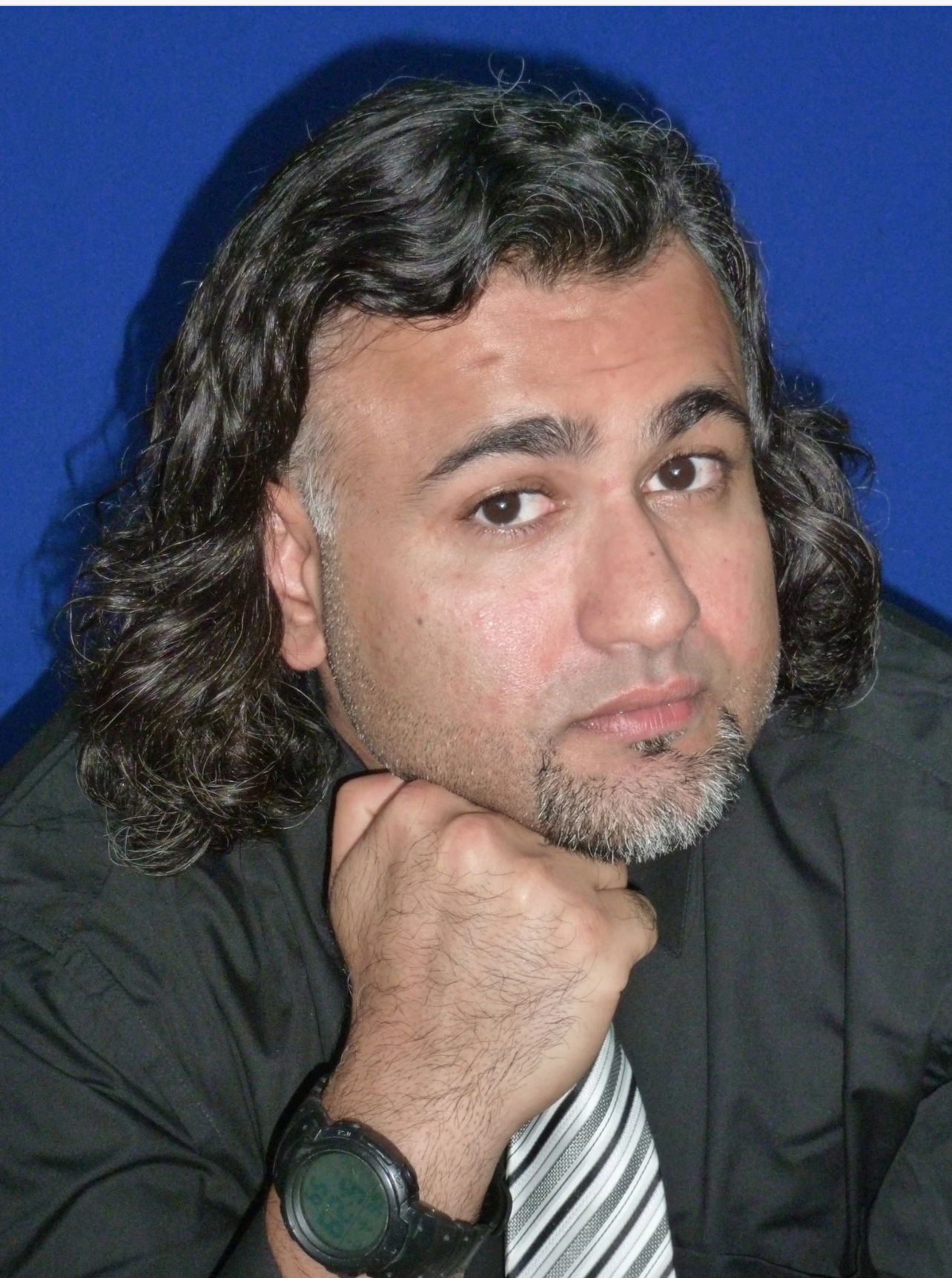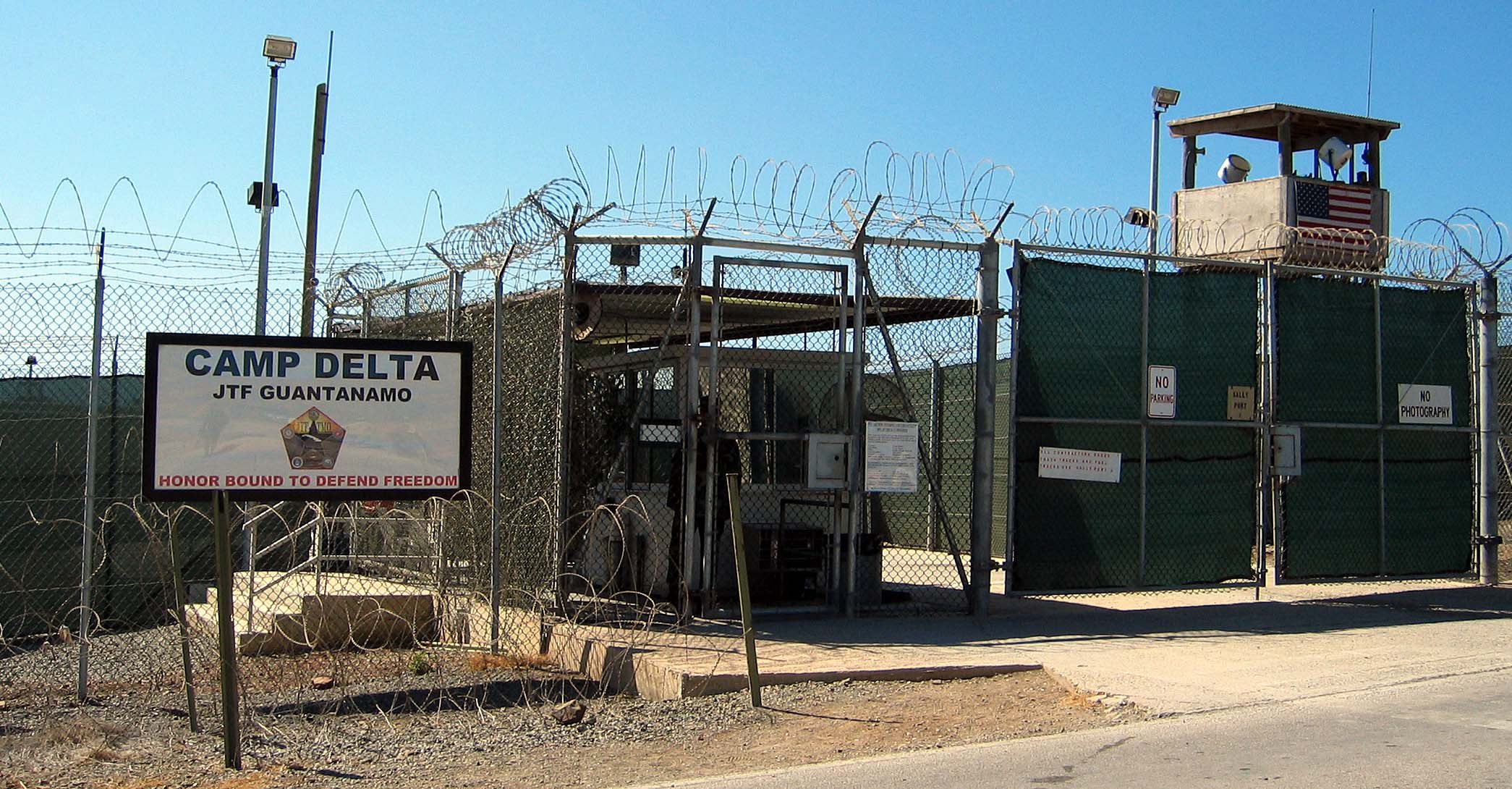
WASHINGTON—A military judge ruled on Thursday that war court judges have the power to reduce the prison sentence of a Qaeda operative at Guantánamo Bay, Cuba, as a remedy for torture by the C.I.A.
The ruling, in the case of a prisoner who worked as a courier for Al Qaeda, could have implications for other Guantánamo trials, notably the death-penalty case against five men accused of plotting the Sept. 11, 2001, attacks. That trial is scheduled to start next year.
The ruling on Thursday by the judge, Col. Douglas K. Watkins, came in the case of Majid Khan, who pleaded guilty before a military judge in 2012 to delivering $50,000 of Qaeda money that helped finance the 2003 bombing of a Marriott Hotel in Jakarta, Indonesia, that killed 11 people, and plotting other, unrealized terrorist attacks.
His sentencing has been delayed because he agreed to become a government witness in return for a chance at leniency, and because Colonel Watkins was deciding on a request by the defense to offer evidence that Mr. Khan was tortured while being held by the C.I.A. Mr. Khan’s lawyers say the torture he endured should qualify him for a reduced sentence on the grounds that it was illegal pretrial punishment.
Mr. Khan, 40, is a suburban Baltimore high school graduate who spent more than three years in C.I.A. prisons after his capture in 2003 in Pakistan, where he became a foot soldier for Khalid Shaikh Mohammed, the man accused of plotting the 9/11 attacks.
During his time in the C.I.A. black sites, Mr. Khan says, he was hung from his wrists and kept naked and hooded to the point of wild hallucinations. He was held in darkness for a year, isolated in a cell with bugs that bit him until he bled. A Senate investigation disclosed that in his second year of C.I.A. detention, the agency “infused” a purée of pasta, sauce, nuts, raisins and hummus into his rectum because he went on a hunger strike.
In his 43-page ruling, Colonel Watkins, who is the chief of the Guantánamo judiciary, did not address the veracity of Mr. Khan’s claims. But he said that “taken as true, this mistreatment rises to the level of torture.”
Colonel Watkins said that he would decide the facts — and whether Mr. Khan would earn credit — based on evidence about what happened to Mr. Khan in C.I.A. and U.S. military custody during a presentation to his sentencing jury, a panel of military officers. The colonel also said Mr. Khan and his lawyers could make additional presentations beyond what the jury hears. No date has been set for sentencing.
Prosecutors had argued that the judge had no such authority because, unlike in the court-martial cases that Colonel Watkins hears as an Army judge, there was no explicit provision for it in the manual for the commissions, which are a hybrid of military and civilian tribunals.
Colonel Watkins disagreed. “The defense has met their burden in this commission to show, by a preponderance of the evidence,” he wrote, “that this military judge has the inherent authority to grant a remedy in the form of administrative sentencing credit for abusive treatment amounting to illegal pretrial punishment, especially when no other remedy is available.”
Lawyers have described the Guantánamo military commissions as the only U.S. venue available to former C.I.A. prisoners, provided they are charged with war crimes, to seek a remedy for their torture in the black sites. Those sites, hidden in a number of countries, were set up by the George W. Bush administration after the Sept. 11 attacks to interrogate high-value prisoners that U.S. ally security forces arrested and handed over to the C.I.A.
“A military commission has taken a meaningful step toward a C.I.A. torture victim receiving some type of modest reparation or remedy, a step that no other U.S. government institution has taken,” said Scott Roehm, the Washington policy director for the Center for Victims of Torture, an advocacy group.
Mr. Roehm called it “the most basic acknowledgment of the United States’ obligations, and Mr. Khan’s rights, under the Convention Against Torture. The bigger test in this case will be whether Judge Watkins actually grants the pretrial punishment credit Mr. Khan deserves.”
The Pentagon’s chief war crimes prosecutor, Brig. Gen. Mark S. Martins of the Army, did not respond to a question of whether he would or could appeal the decision.
The chief defense counsel, Brig. Gen. John G. Baker of the Marines, cast it as a watershed decision. “It is about time that we see a means to hold the government accountable for the reprehensible torture of Mr. Khan and other commissions defendants in a court a law.” he said. “While it may seem obvious that being tortured by government actors should have some effect on a defendant’s ultimate sentence, the prosecution has disagreed every step of the way.”
Prosecutors argued that, because he pleaded guilty, Mr. Khan had no right to seek the credit. Colonel Watkins disagreed: “He did not bargain away or waive any credit for the conditions under which he has been detained at any point in time since his capture in 2003.”
Under Mr. Khan’s 2012 plea agreement, his sentence is to end in 2031. But the judge could shorten that if he decides Mr. Khan should get credit for having been tortured.
Mr. Khan’s lawyer, J. Wells Dixon of the Center for Constitutional Rights in New York, said he read the judge’s decision also to open the door to a claim that Mr. Khan was denied due process because he was not given access to a lawyer in his first year at Guantánamo.
Mr. Dixon called the opinion “a recognition of the universal prohibition on torture that exists throughout all bodies of law, including the military commissions at Guantánamo.” He noted that the judge quoted William Blackstone, the 18th-century British jurist whose treatises are a foundation of American law, as saying, “in the dubious interval” between capture, detention and trial, “a prisoner ought to be used with the utmost humanity.”




